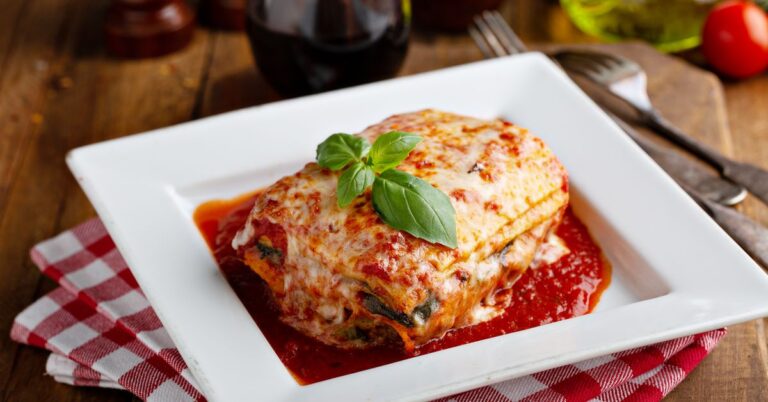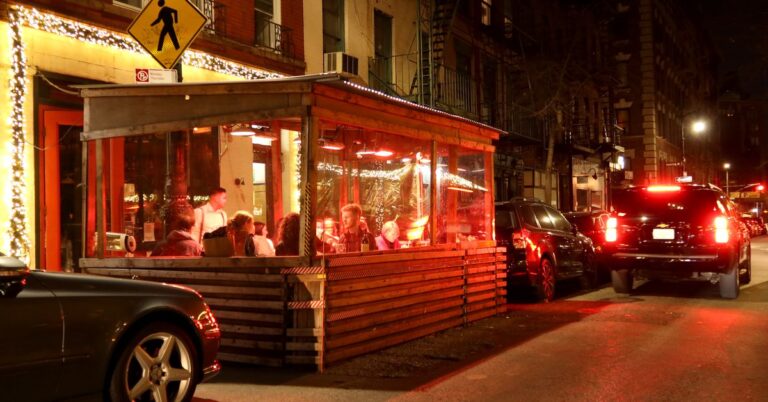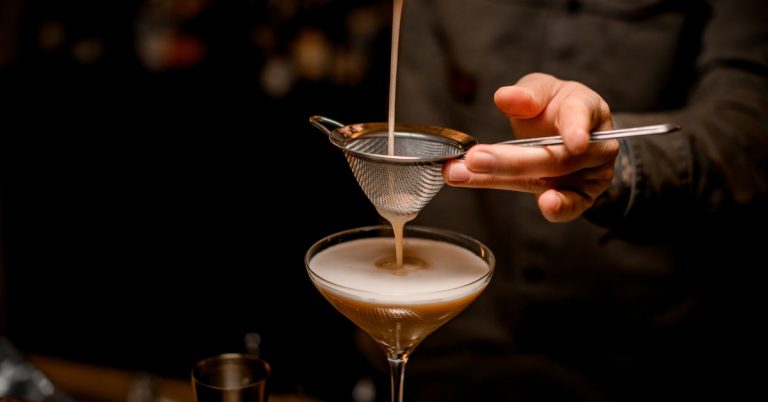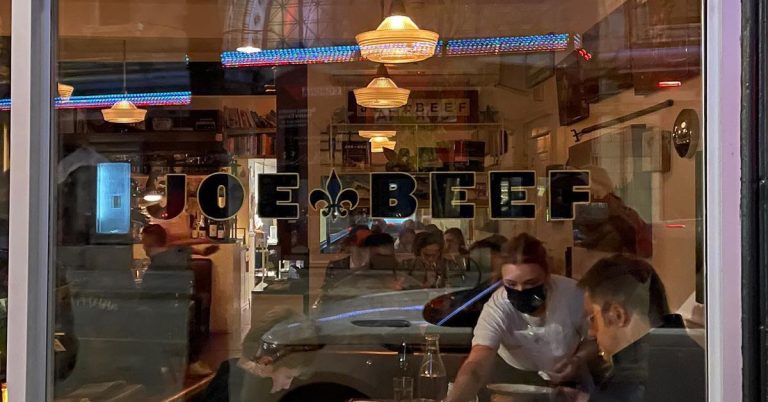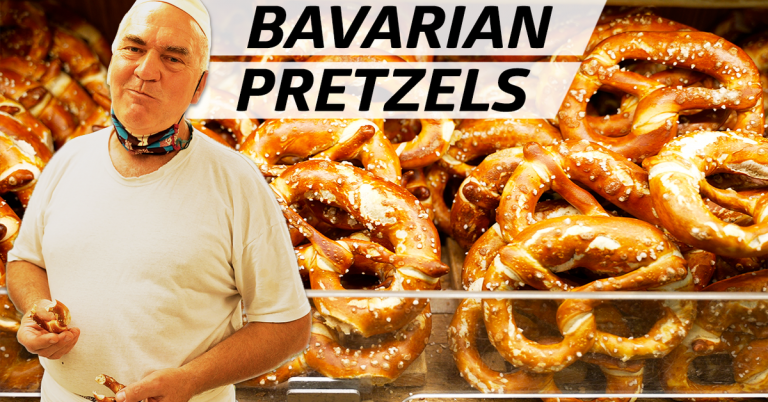This Wood-Burning Food Trailer Is Serious About Buying Local in Virginia
Scrawled out on a chalkboard, the rustic-yet-refined Mid-Atlantic menu at Sumac conjures images of open dining rooms, chef’s counters, and starched white coats. But there’s no restaurant space in this bucolic section of Sperryville, Virginia, just a green field and a converted kitchen trailer that sits on cinder blocks.
Over the past year, owners Abbey and Dan Gleason have grown Sumac (3863 Sperryville Pike) from a pop-up tent on the grounds of the Pen Druid brewery into a hyper-seasonal operation equipped with two custom wood-burning hearths that sit in an open-walled extension attached to the trailer. The land, which is just east of Shenandoah National Park, is technically zoned for agricultural use, so Sumac was not able to build a full commercial kitchen. That’s why the Gleasons are sticking with a mobile rig.
“It’s so interesting for me to see people come to Pen Druid and think there’s a food truck,” Abbey Gleason says, “and when they engage with Sumac, they laugh about how it’s not really a food truck.”
:no_upscale()/cdn.vox-cdn.com/uploads/chorus_asset/file/22900881/DSC03314.jpg)
From the window of that trailer, the couple serves and eclectic menu that changes weekly depending on what they can forage themselves and what farmers around Rappahannock County — a region that bills itself as Virginia’s Piedmont — have to offer. During a recent visit, Sumac offered a rabbit stir fry over oats with a black walnut sauce standing in for soy sauce that achieved the dark, umami quality of a shoyu. A deep purple bison tartare was covered in cured egg yolk, little pickled mushrooms, and white flowers. Fire-roasted tomatoes lent a caramelized complexity to chevre gnocchi.
Instead of white wine, Dan deglazes pans with Pen Druid’s Arkansas Black cider, a product he describes as “super bright” and more fruity than white wine. Sumac’s partnership with Pen Druid feels apt, because the brewery also embraces a connection to the local environment. By employing low-intervention brewing methods, wood fires, barrel-aging, and spontaneous fermentation with wild yeasts, Pen Druid produces everything from blonds and ambers to Lambic-style brews that ferment for years. “We built our design on what Pen Druid is doing,” Dan says. “Their model was an inspiration for us to create a symbiotic kitchen on their land.”
:no_upscale()/cdn.vox-cdn.com/uploads/chorus_asset/file/22900891/DSC03242.jpg)
:no_upscale()/cdn.vox-cdn.com/uploads/chorus_asset/file/22900892/DSC03273.jpg)
The Gleasons have worked in and around restaurants and agriculture for the better part of a decade. Dan cooked at places like the Inn at Little Washington, the revered tasting menu destination that holds three Michelin stars, and now-closed Silver Spring favorite Jackie’s. Abbey worked at farmer community and nutrition advocacy groups like 4P Foods in D.C. “When we got married, we started a path toward opening a place that combined our passions,” Dan says.
Compared to urban restaurants that advertise a similar local-sourcing ethos, the Gleasons feel they can foster a more intimate, immediate approach because they’re just a stone’s throw away from their supplier farms. Sumac prides itself on sourcing every ingredient from within a 150 mile radius. The couple buys apples and pears from Jenkins Orchard, gets their heritage-breed Berkshire and Ossabaw pork from Autumn Olive Farm, and goes to Whiffletree Farm for poultry.
Holding firm to the hyper-local philosophy also forces Dan to think outside the box. “If we give ourselves a smaller box to paint inside of — everything being sourced within 150 miles and done from scratch — it forces us to think creatively,” he says. For example, that rabbit stir fry came about when Jesse Straight of Whiffletree Farm was pitching Dan on rabbit around the same time the chef had foraged a haul of walnuts.
Dan wants Sumac to take a light-handed approach that keeps the focus on the Virginia products, but he says he has a creative outlet through the “homesteading practice” of making soft cheeses and vinegars. Now that it’s fall, Dan is elated to serve whole Magness pears from Jenkins Orchard at the center of plate with other fruits and cheeses.
“They’re getting into the height of apple and pear season and the Magness pear is the best pear I’ve ever had in my life,” Dan says. “I wait all year long for this pear.”
:no_upscale()/cdn.vox-cdn.com/uploads/chorus_asset/file/22900885/DSC03394__1_.jpg)

